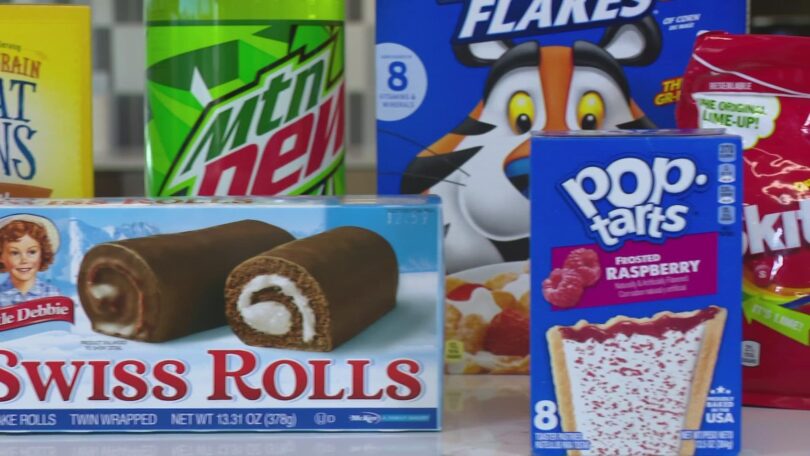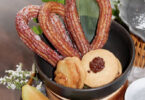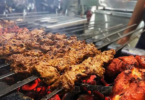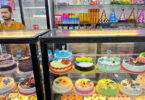Web Desk
INDIANAPOLIS: If you knew that some of the foods you select at the grocery store were banned in other countries because of certain ingredients, would you still buy them for your family?
Surprisingly, the list is pretty long, and it includes products that are pretty popular in U.S. households.
RITZ Crackers, Gatorade, Wheat Thins, Frosted Flakes and Coffee-mate creamer are just some of the items banned in other countries because of some ingredients they contain.
Trina Rose is not only a busy mom, trying to serve the healthiest foods possible to her four kids, but she’s also a hospital wellness coordinator.
Is she surprised that there are products approved for sale in the U.S. but have ingredients that are banned in other countries?
“Kind of surprised, and kind of not,” Rose said. “I think we do fast, cheap and easy in America, and kind of everything in excess.”
So, what are we talking about?
Skittles, Pop-Tarts, Gatorade and those yummy Little Debbie’s products are banned in the European Union because contain dyes like yellow 5, yellow 6 and red 40. The EU banned these artificial colors after their scientific research indicated they could be harmful to health, especially to young children.
The job of Purdue Associate Professor Amanda Deering is food safety.
“I could see how that would be alarming that, you know, how come Europe doesn’t allow something that we eat every day? And I could see the concern…but I think, too, it’s all about how much of that chemical that could actually cause illness,” Deering said.
Coffee-mate, RITZ Crackers and those warm, buttery Pillsbury biscuits, are all banned in Switzerland, Austria, Hungary, Iceland, Norway and Denmark because of trans fats like partially hydrogenated soybean and cottonseed oils.
Wheat Thins and cereals like Frosted Flakes are banned in the United Kingdom, Japan and parts of Europe because of a chemical called BHT (butylated hydroxytoluene), which is used as a flavor enhancer.
The foods we eat are tested every day in laboratories, like one 13News visited on the Purdue campus. But simply put, Deering said the Food and Drug Administration and their food guidelines are some of the strictest in the world.
“They review these things all the time,” Deering said of the FDA’s oversight. “So, if there’s new data that comes out that says, oh, you know, we should show that this dye is actually more dangerous than what we thought, they’re going to review that and then put those restrictions on it.
“We have one of the safest food systems in the world,” Deering said, “and I do a lot of international work all over the world. And, by far, we have the safest food supply. So, there are a bunch of very talented scientists that do their due diligence and are absolutely confident that what they say is safe, is safe.”
As for Rose, there are simple rules she follows for her kids.
“Since the kids were little, I tried to make it really basic for them,” Rose said. “We would talk farm or factory, like, ‘did it come from a farm or a factory,’ and (whatever) came from factory, it probably wasn’t very healthy for us. And we talked about closest-to-the-source, so try to eat foods in their most natural state, and I’m probably annoying to them. I have two teenage boys and a 12-year-old boy, and so they like to eat a lot. So I feel like it’s (a) load on them.
“So I try to fuel them with clean foods,” Rose said, “but they’re also teenage boys. So we have Doritos in our house, and we have M&Ms.”
Deering said one thing she checks on the packaging is where a product is made. If it’s from a different country, she takes that into consideration, especially if she has visited that factory.
Courtesy: wthr.com







